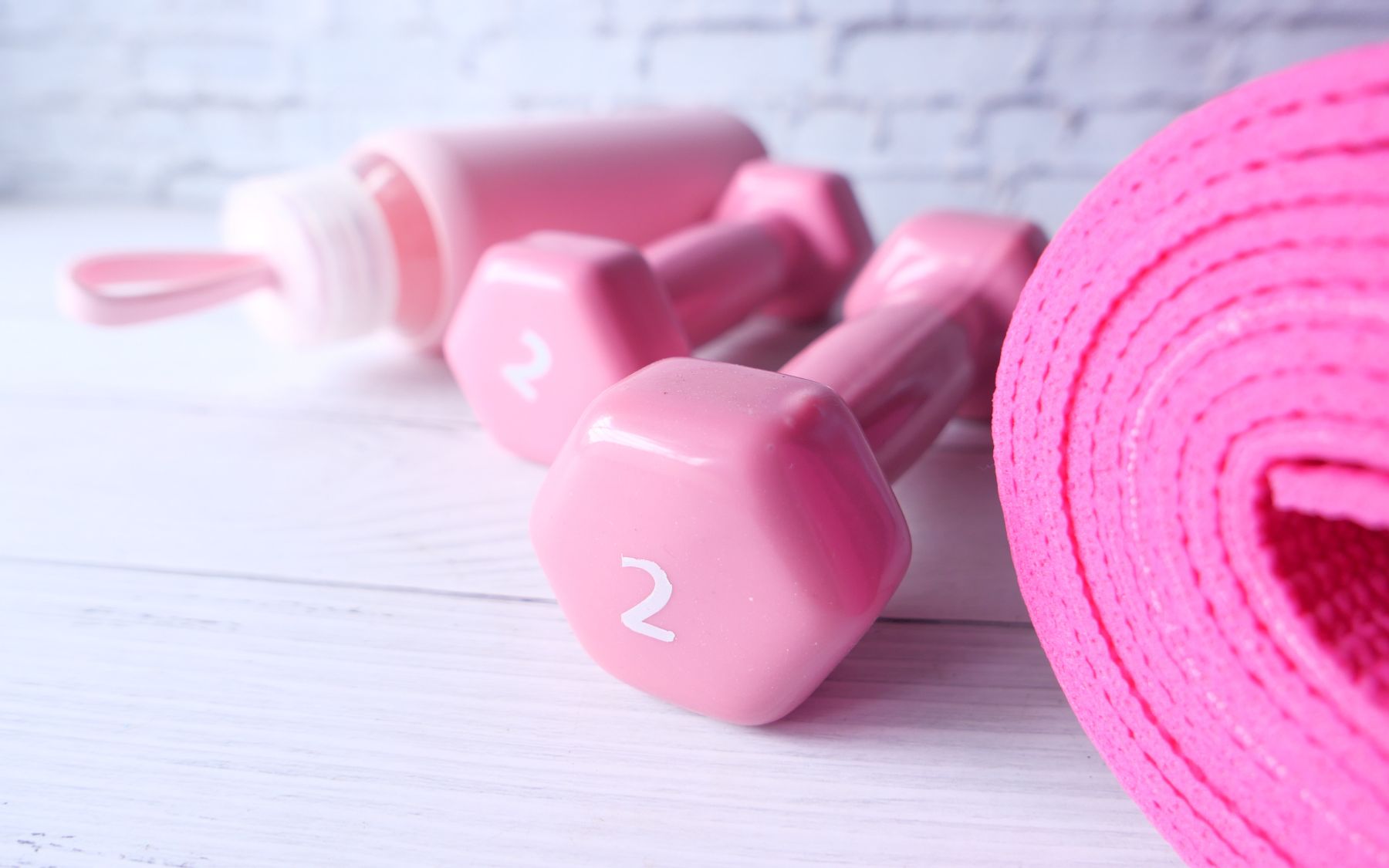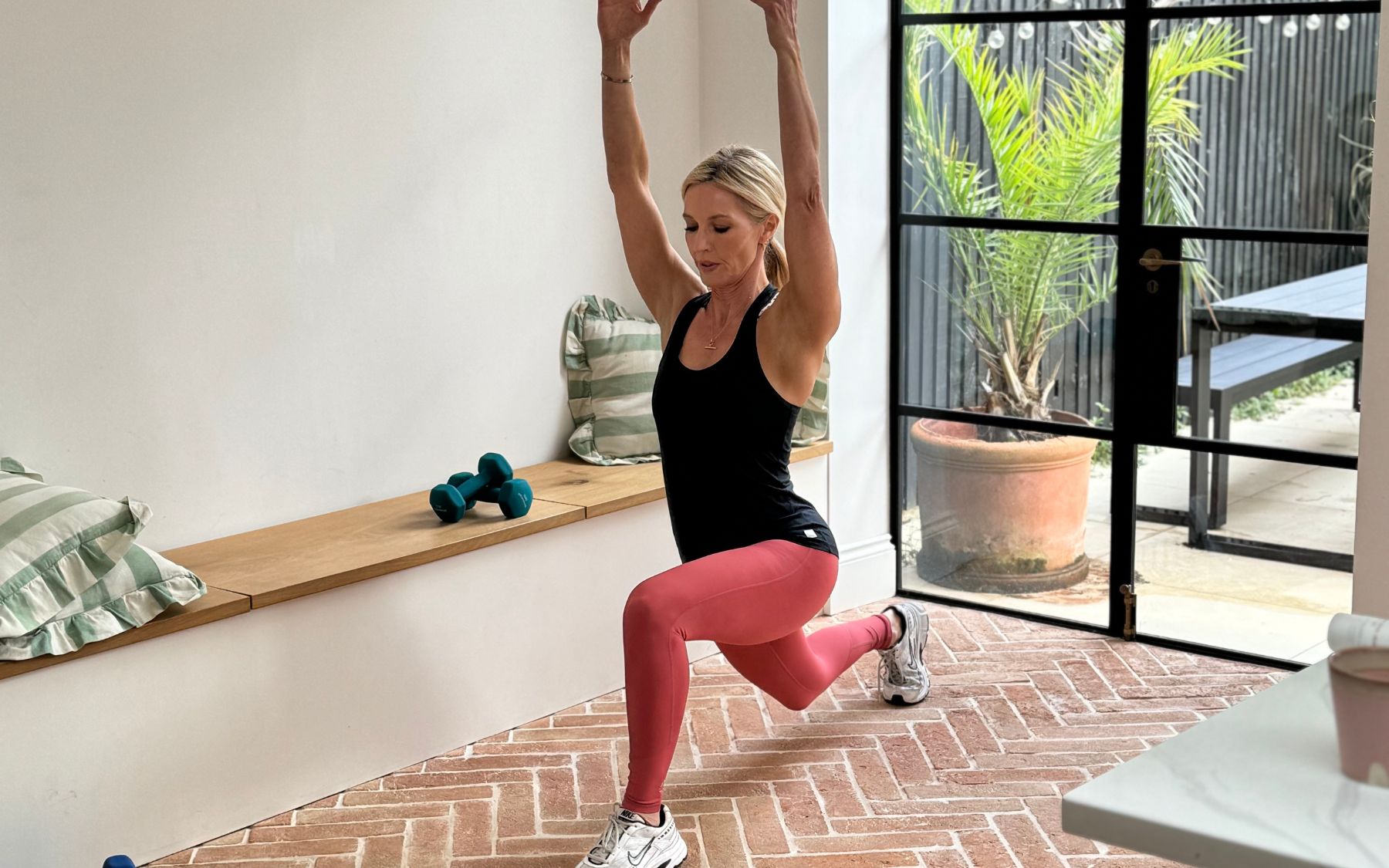Aging is a natural part of life, but it doesn’t have to mean slowing down. In fact, for many women, it’s a time to embrace new forms of strength and wellness. Whether you’re in your 30s, 40s, 50s or beyond, fitness can become a lifelong journey that supports not only your physical health but also your mental and emotional well-being.
For years, society has placed emphasis on youth as the pinnacle of beauty and vitality, especially when it comes to women. But as we age, there’s a powerful shift happening - a movement toward embracing the wisdom, confidence and strength that come with every new chapter of life. Fitness plays a vital role in this transformation, and the benefits extend far beyond just physical appearance. Let’s explore how women can approach fitness at any age and make it a tool for empowerment as we move through the stages of life.
The Power of Strength Training for Women
One of the most transformative exercises women can embrace as they age is strength training. As we age, we naturally lose muscle mass—a process known as sarcopenia. Starting around the age of 30, we can lose about 3-5% of muscle mass each decade, and this rate increases as we move into our 60s and beyond. But the good news is that strength training can slow this process and even reverse some of its effects.
Strength training isn’t just for bodybuilders or athletes; it’s crucial for maintaining bone health, improving posture, boosting metabolism, and enhancing overall strength. For women, who are at a higher risk for osteoporosis (a condition that weakens bones), lifting weights can be especially beneficial in increasing bone density. Plus, building muscle helps with balance and stability, which can help prevent falls and injuries - it's a no brainer!
Cardiovascular Health: Staying Active for Heart Health
Aging brings with it an increased risk for heart disease, but regular cardiovascular exercise can help lower this risk. Activities like running, hiking, swimming and cycling are all great ways to keep the heart healthy while also supporting joint mobility. As we age, our cardiovascular system may not be as efficient as it once was, but consistent aerobic exercise can improve circulation, regulate blood pressure and enhance lung capacity.
The beauty of cardio is that it doesn’t require a gym membership or fancy equipment. A brisk 30-minute walk around the block, a daily bike ride or a light jog can do wonders for your overall health and well-being. Plus, cardio releases endorphins—those “feel-good” hormones that can help keep stress at bay.
Flexibility and Mobility: Essential Components of Fitness
As we age, our bodies tend to lose flexibility and joint mobility. This can result in stiffness and discomfort, making it more difficult to move freely. Incorporating flexibility exercises like yoga, Pilates, or simple stretching routines into your fitness regimen can counteract these effects.
Mind-Body Connection: Fitness for Mental Health
Exercise isn’t just for the body—it’s equally important for the mind. As women age, they may face new challenges, whether it’s dealing with hormonal changes, managing work-life balance, or navigating life’s transitions. Fitness can be a powerful tool to boost mood and combat the effects of stress, anxiety, and depression.
Engaging in regular physical activity releases serotonin and dopamine, the “feel-good” neurotransmitters that help improve mood and emotional regulation. Women who prioritise fitness often report feeling more confident, empowered, and at peace with themselves. Exercise can also be an opportunity to disconnect from daily stressors, providing a much-needed mental reset.
The Importance of Rest and Recovery
As we age, our bodies require more time to recover after intense exercise. The importance of rest and recovery cannot be overstated. Overtraining, especially in older adults, can lead to injury or burnout. It’s important to listen to your body and allow it the time it needs to heal and rebuild.
Incorporating active recovery days—such as walking, swimming or gentle stretching—can help promote blood flow and speed up recovery without putting undue strain on the muscles. Additionally, focusing on sleep, hydration and proper nutrition can further enhance recovery and help you feel your best.
Setting Realistic Goals and Embracing Progress
One of the biggest hurdles women face as they age is the temptation to compare themselves to their younger selves—or to others. It’s important to recognise that fitness is a personal journey, and progress doesn’t always mean pushing your body to its limits. Setting realistic, achievable goals based on where you are now—not where you were 10 or 20 years ago—will help keep you motivated and focused. That said there is no reason why you can’t be stronger now than you were in your 20s and 30s!
Celebrate small victories, whether it’s holding a plank for a few extra seconds, running a mile faster or simply committing to regular workouts. Remember, it’s not about achieving perfection; it’s about progress, consistency and honoring your body at every stage of life.
Finding a Fitness Routine That Works for You
Every woman’s fitness journey will look different, and that’s okay! The key is to find a routine that feels sustainable and enjoyable. Whether you love strength training, prefer low-impact exercises like swimming, or thrive in a group fitness setting, the options are endless. The goal is to find something that aligns with your interests and fits into your lifestyle, so fitness becomes a long-term commitment rather than a short-term fix.
Don’t be afraid to try new things—whether it’s joining a local fitness class, hiring a personal trainer, or exploring online workout programs. With so many resources available, it’s easier than ever to create a fitness routine that supports your unique needs.
Final Thoughts: Fitness really is Ageless
Women’s fitness isn’t just about maintaining a youthful appearance or keeping up with societal expectations. It’s about embracing your body’s strength at every stage of life and nurturing it with care, love, and respect. Aging is an opportunity to redefine what it means to be strong, capable, and resilient.
By incorporating strength training, cardiovascular exercise, flexibility and mindfulness into your routine, you can maintain a high quality of life, both physically and mentally, as you age. The most important thing is to stay consistent, listen to your body and celebrate the incredible strength that comes with every year. Fitness isn’t about how old you are; it’s about how strong, vibrant and confident you feel at any age.
So, no matter where you are on your fitness journey, remember this: strength has no expiration date. Embrace it at every stage.
As always, any questions, please do get in touch.
Caroline x






